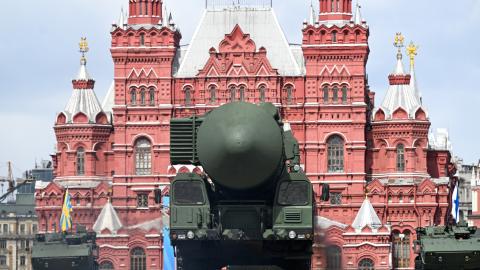Joe Biden implicitly campaigned on Warren G. Harding’s 1920 promise of “a return to normalcy.” But his administration is returning to Barack Obama’s abnormal Middle East strategy. A normal policy would respect the fundamental commandment of sound statecraft: Strengthen friends and punish enemies. It would distinguish between them by asking two simple questions: Which states have tended to shelter comfortably under the American power umbrella? And which have instead sought to destroy the American order? Israel, Turkey and the Gulf states, led by Saudi Arabia, have functioned as pillars of the postwar American order. By contrast, for the past 40 years Iran has tirelessly opposed the American security system.
Three details of Iran’s strategic position could make it more dangerous in the near future. First, the Persian Gulf contains five of the world’s 10 largest proven oil reserves, and Iran threatens to dominate the region. Second, Tehran is increasingly allied with both Russia and China. Third, outreach to Iran by the U.S. has deeply angered most of America’s Middle Eastern allies.
A normal policy would seek to contain Iran. Every president since Jimmy Carter regarded Iran as a threat—except Mr. Obama. His flagship policy was the Joint Comprehensive Plan of Action, to which Mr. Biden is dedicated to return. The JCPOA won’t contain Iran. Its sunset clauses create a clear path for Iran to obtain nuclear weapons. By lifting sanctions, it supplies the Islamic Revolutionary Guard Corps with cash.
Read the full article in The Wall Street Journal















